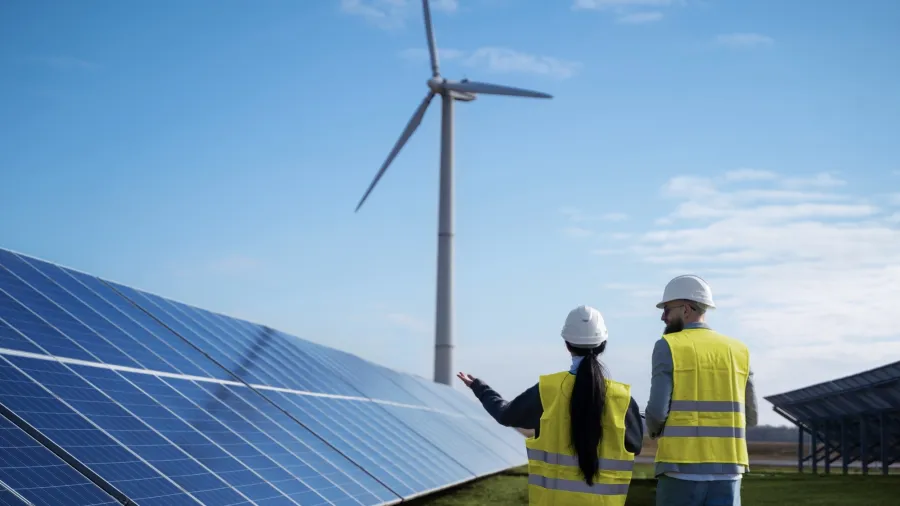
Indonesia’s energy crossroads: Turning ambition into action
By Dhendy R. FadhillahThe Indonesian government has articulated ambitious targets, including achieving net-zero emissions by 2060.
Indonesia stands at a pivotal juncture in its energy trajectory. As Southeast Asia's largest energy consumer and the world's ninth-largest emitter, the nation's energy decisions will have profound implications both domestically and globally.
Despite global momentum towards cleaner energy, Indonesia's energy landscape remains heavily dependent on fossil fuels.
Coal, oil, and gas collectively supply approximately 85% of the nation's energy needs, with coal alone accounting for over 60% of electricity generation. Renewable energy sources, in contrast, contribute less than 15% to the energy mix.
This entrenched reliance on fossil fuels underscores the magnitude of Indonesia's challenge in transitioning to a more sustainable energy system.
Policy ambitions meet real-world barriers
The Indonesian government has articulated ambitious targets, including achieving net-zero emissions by 2060. Central to this vision is the Just Energy Transition Partnership (JETP), a $20b investment plan aimed at phasing out coal and accelerating the adoption of cleaner energy sources.
However, translating these commitments into tangible outcomes is fraught with challenges.
Inconsistent regulatory frameworks, outdated infrastructure, and significant financial barriers impede progress. The effectiveness of these initiatives hinges on the government's ability to implement consistent policies and overcome these structural obstacles.
Rising demand and the shape of tomorrow's power mix
Projections indicate that industrial energy demand in Indonesia is set to more than double by 2060, escalating from 774 TWh to 1,812 TWh. Addressing this surge sustainably necessitates substantial investments in automated energy systems, enhanced energy efficiency measures, and the development of smart grid technologies.
The anticipated transformation of Indonesia's power mix by 2060 is noteworthy.
Dispatchable renewable energy sources, such as hydropower and geothermal, are expected to supply nearly 29% of the nation's electricity. Wind and solar energy are projected to contribute approximately 21%, whilst the share of fossil fuels, integrated with carbon capture and storage technologies, is anticipated to decline to around 26%.
Additionally, hydrogen and nuclear energy are poised to play more significant roles post-2050. The acceleration of coal-fired plant retirements and the expansion of renewable energy adoption are expected to gain momentum after 2030, influencing both the energy sector and the broader economy.
What will make the difference?
Achieving a successful energy transition in Indonesia will depend on several critical factors.
First and foremost, establishing a stable and transparent policy environment is essential. Clear regulations, particularly concerning procurement and pricing, are vital to attracting and retaining renewable energy investments.
Financial innovation is also crucial. Developing mechanisms that mitigate risks and provide incentives for renewable energy projects, such as facilitating access to green financing and offering tax benefits to investors, will be instrumental.
Infrastructure development cannot be overlooked. Investing in modernising the energy infrastructure to support the integration of renewable sources is imperative.
These investments include upgrading transmission and distribution networks and implementing smart grid technologies. Capacity building and education are equally important. Enhancing the technical expertise of the workforce through education and training programs will ensure the effective implementation and maintenance of renewable energy systems.
Lastly, public engagement and awareness are key. Fostering public support through awareness campaigns and involving communities in the transition process can facilitate smoother implementation of energy policies.
A defining opportunity
Indonesia's energy transition is complex yet necessary. By focusing on policy consistency, financial innovation, infrastructure development, capacity building, and public engagement, the nation can effectively navigate this crossroads.
Achieving a sustainable energy future will fulfill Indonesia's environmental commitments and position it as a leader in the global shift toward renewable energy.
The path forward requires decisive action, strategic investments, and a collective commitment to a cleaner, more sustainable future.

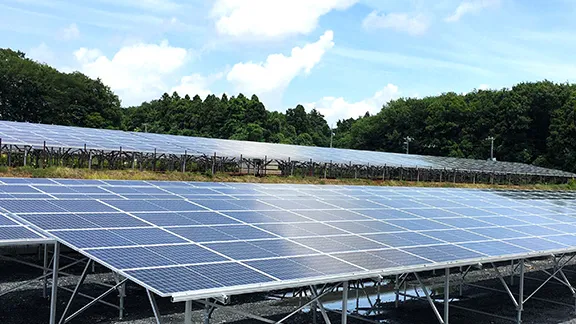
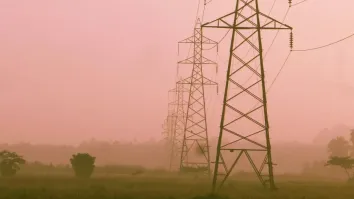
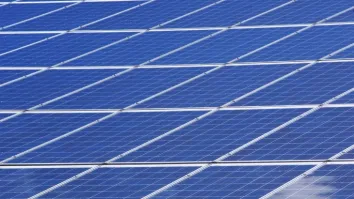
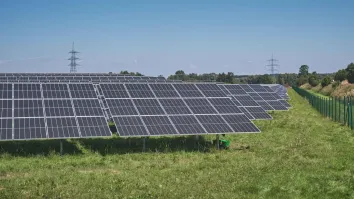
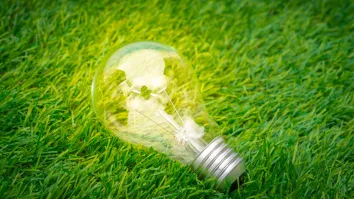













 Advertise
Advertise






